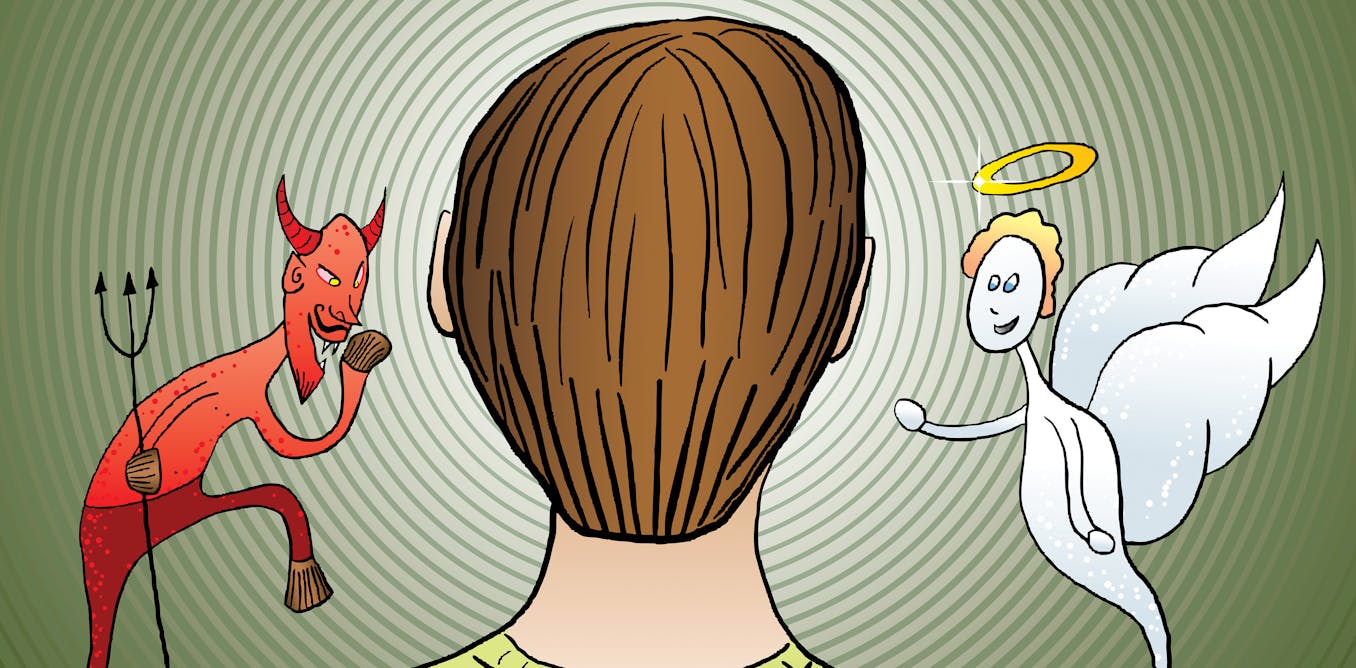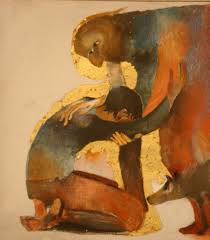
Sophie Rapeepat | Head Editor
January 29, 2024
Being both an overthinker and an insomniac is a cruel combination and makes for a tedious nightly routine. When I can’t sleep, my mind combs through each second of the day, forcing me to relive each interaction and brutally analyze each mistake. For what feels like hours, I agonize thoroughly over successes and failures, words I regret saying, and every choice I feel I should have made differently, before finally exhausting myself and deciding that I am who I am and the world is just going to have to deal with it. Then, I pick myself up and make the same mistakes again the next day.
Everyone makes mistakes. We’ve been taught from day one that it is in human nature to try at something and fail over and over again, but that these flaws do not equate to character.
But what about mistakes that hurt other people? Despite original intentions, the result is that others suffer because of a choice that was made. When someone makes a mistake like this over and over again, does it eventually define who they are?
When does a good person who makes mistakes simply turn into a bad person?
I believe that the answer lies in contrition. Both good and bad people can start with the same intent; however, what matters most is how each individual reacts to falling short. Do they acknowledge their fault or hide behind the excuse that human nature is to mess up? A friend worth keeping is someone who will not only recognize their patterns but also actively try to change them rather than letting words of sorry fall flat.
Following this recipe, being a good person should be pretty easy, since all it takes is effort. But then again, what does it even mean to be a “good” person? According to senior Nicole Rod, “Most people try to be good people in that we try to be kind and thoughtful. Despite our efforts though, it just doesn’t always work out that way.”

Thousands of versions of us exist in the minds of other people. While one person might perceive you as kind and bright, another may think of you as annoying or mean. How we are treated is dependent on these perceptions, and the way we act towards or around others relies on our own perspective. I think so much of who we are is dependent on other people to the point where we rely on others’ approval to define our actions. This need for acceptance is the concept of forgiveness, in which we desire other people’s opinions to justify the quality of our own character.
Theoretically, both mistakes and forgiveness are made-up concepts that we use to classify our actions and make sense of their consequences. We gain a sense of comfort by placing the judgment of our behaviors in the hands of others and oftentimes use it to ease our guilty consciences. Senior Sera Dougan describes how, “Forgiveness is a way to get closure and it helps people move on from the past. In a way, we all need it to help us come to terms with mistakes we can’t change.” Being a “good” person is an arbitrary label we just hope other people perceive us as.
With this unreliable definition, the most we can do is strive to be a person who regrets making hurtful mistakes and tries diligently to make them right. Mistakes are inevitable, so lying awake at night thinking about them isn’t worth the stress. But then again, maybe it is this stress and regret exactly that defines the good in us.

“Care about people’s approval
and you will be their prisoner.”
-The legend Lao Tzu